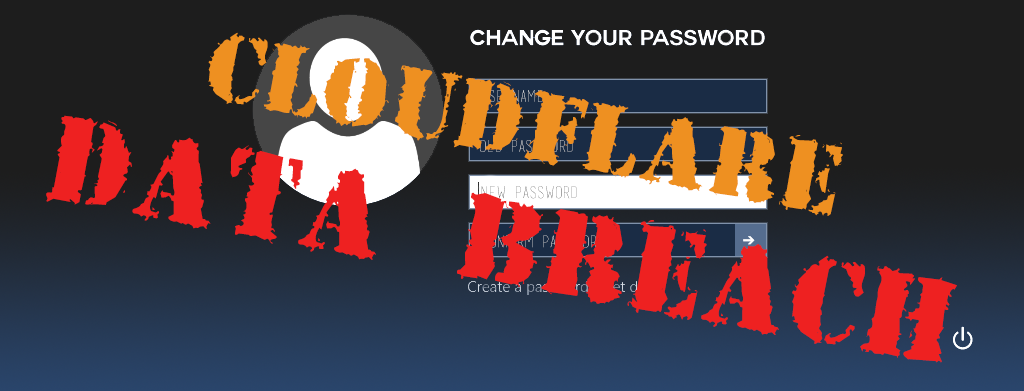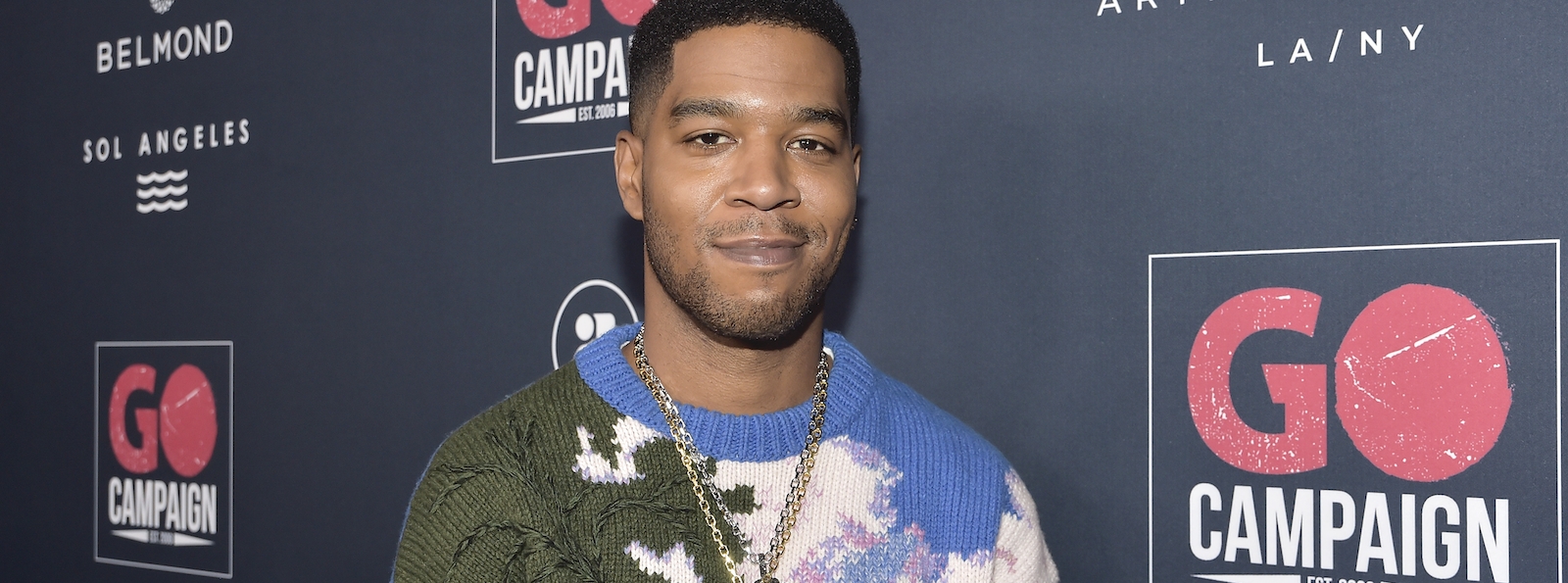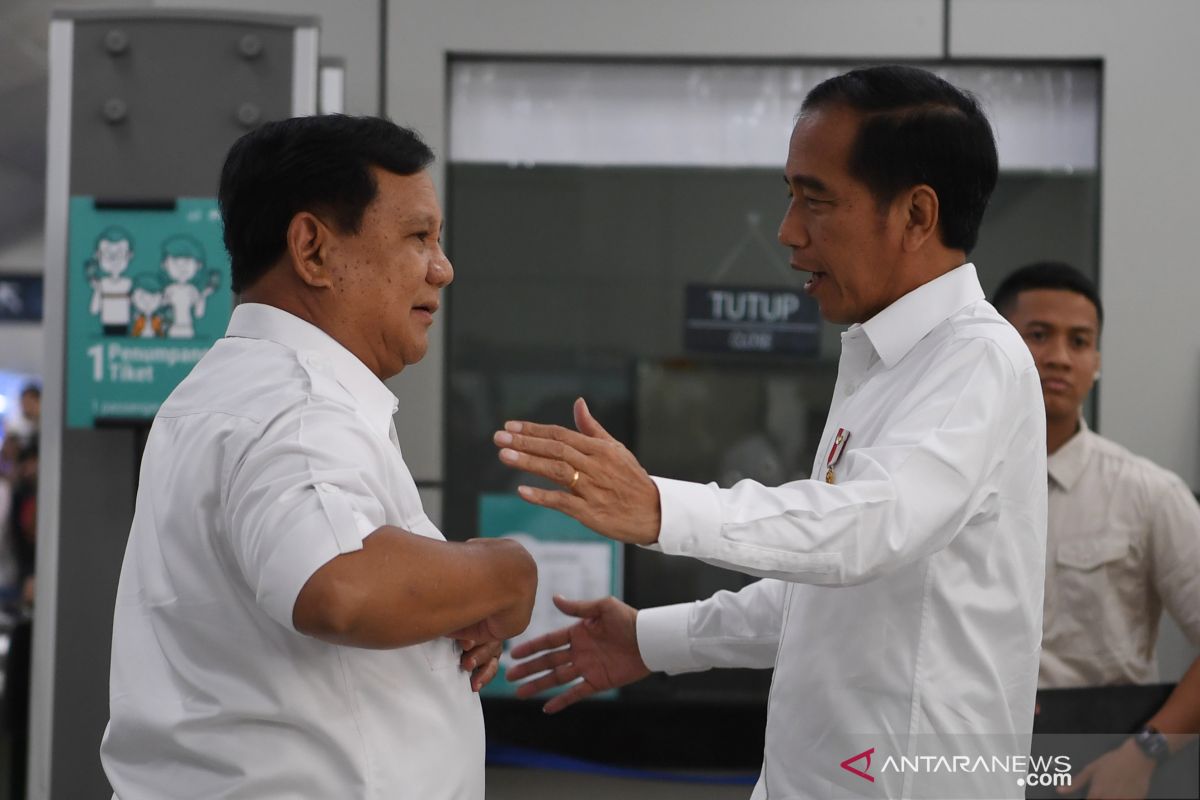Cloudflare Fights Back Against LaLiga's Illegal Website Blocking

Table of Contents
LaLiga's Website Blocking Efforts and their Impact
LaLiga's strategy to combat illegal streaming involves a multi-pronged approach designed to disrupt the distribution of copyrighted content. This includes legal action against hosting providers who allow pirated streams on their servers, implementation of domain name system (DNS) blocking to prevent users from accessing pirate sites, and collaboration with internet service providers (ISPs) to block access at the network level. While these measures have resulted in the takedown of numerous websites, the effectiveness is debatable, as pirate streams often reappear under new domains or through alternative methods. The scale of the problem is significant; LaLiga has targeted hundreds, if not thousands, of websites involved in the illegal streaming of their matches.
- Use of legal action against hosting providers: LaLiga has pursued legal action internationally, seeking court orders to compel hosting providers to take down pirate sites. This approach, while legally sound, can be time-consuming and resource-intensive.
- Implementation of domain name system (DNS) blocking: DNS blocking redirects users attempting to access pirate websites to a warning page. However, this can be bypassed using alternative DNS servers or VPNs.
- Collaboration with internet service providers (ISPs): LaLiga works with ISPs to block access to identified pirate websites at the network level. This requires ongoing monitoring and coordination, and may inadvertently affect legitimate users.
- Negative impacts on legitimate businesses and users: The aggressive blocking methods employed by LaLiga have raised concerns about the potential for collateral damage, impacting legitimate businesses and users who may be unintentionally affected. The complexity of identifying truly illegal streaming sites presents a significant challenge.
Cloudflare's Response and its Legal Standpoint
Cloudflare, a prominent CDN provider, has challenged LaLiga's blocking efforts, arguing that they infringe upon fundamental principles of free expression and due process. Cloudflare's position is that indiscriminately blocking websites without proper legal review is an overreach, potentially impacting legitimate online activity. They argue that the blocking measures lack transparency and fail to provide adequate opportunity for website owners to defend themselves against accusations of copyright infringement. Cloudflare's legal arguments center on the potential for misidentification of legitimate websites and the importance of adhering to established legal procedures before implementing such sweeping blocks.
- Cloudflare's commitment to free expression: Cloudflare consistently advocates for free and open access to the internet, viewing their role as providing infrastructure for diverse online content.
- Concerns about overreach and censorship: Cloudflare argues that LaLiga's methods risk creating a chilling effect, discouraging legitimate online activity out of fear of being blocked.
- Potential for blocking legitimate websites: The broad nature of the blocking measures creates a risk of inadvertently targeting legitimate websites, leading to potential harm for innocent businesses and users.
- Emphasis on due process and fair legal procedures: Cloudflare insists on the importance of adhering to established legal processes, allowing website owners to defend themselves against accusations of copyright infringement before facing penalties.
The Broader Implications of the Cloudflare-LaLiga Dispute
The Cloudflare-LaLiga dispute highlights a significant challenge in balancing intellectual property rights with the principles of free expression online. The outcome will have far-reaching implications for content creators, online platforms, and CDN providers. The effectiveness of current strategies in combating online piracy is called into question, demonstrating a need for more sophisticated and nuanced approaches. The case also underscores the complex role of CDNs in protecting intellectual property while simultaneously safeguarding freedom of speech.
- The role of CDNs in protecting intellectual property: CDNs play a crucial role in content delivery, and their involvement in the fight against piracy is essential. However, their responsibility needs to be carefully balanced with their commitment to free expression.
- Balancing copyright protection with freedom of speech: This conflict represents a central tension in the digital age, demanding innovative solutions that protect creative works without compromising fundamental online freedoms.
- The challenges of identifying and blocking illegal content effectively: Accurately identifying and blocking illegal content without affecting legitimate websites remains a significant technological and legal hurdle.
- Potential for technological advancements in content protection: The need for better solutions is driving innovation in areas like watermarking, content encryption, and improved detection and takedown mechanisms.
The Role of Technology in the Fight Against Piracy
Website blocking is not the only solution. Alternative technologies offer more nuanced and potentially less intrusive methods of combating piracy. These include sophisticated watermarking techniques to trace the origin of leaked content, robust content encryption to restrict access to authorized users, and improved detection and takedown mechanisms leveraging AI and machine learning to proactively identify and remove pirated content. Each method carries advantages and disadvantages, requiring careful consideration of implementation and potential impact.
- Watermarking techniques: Embedding invisible watermarks within the content allows for tracing its distribution and identifying sources of piracy.
- Content encryption: Secure encryption methods limit access to authorized users, making it more difficult for pirates to distribute copyrighted material.
- Improved detection and takedown mechanisms: Utilizing AI and machine learning can significantly enhance the speed and effectiveness of identifying and removing illegal content.
Conclusion
This article examined the conflict between LaLiga and Cloudflare regarding illegal website blocking, highlighting the complexities of balancing intellectual property rights with freedom of expression online. Cloudflare's actions underscore the ongoing debate regarding the effectiveness and potential overreach of current methods to combat online piracy. The dispute emphasizes the need for a more nuanced approach, incorporating both legal and technological solutions to address the issue of Cloudflare LaLiga blocking effectively and fairly. The future of content protection hinges on finding a better balance.
Call to Action: Stay informed about the evolving strategies in the fight against online piracy and the ongoing legal battles surrounding Cloudflare LaLiga blocking. Follow us for updates on this crucial issue and learn more about effective content protection measures.

Featured Posts
-
 Ge Force Now S Etend Decouvrez 21 Nouveaux Jeux
May 16, 2025
Ge Force Now S Etend Decouvrez 21 Nouveaux Jeux
May 16, 2025 -
 Is The Us Independent Of Canada Examining Trumps Statements On Trade
May 16, 2025
Is The Us Independent Of Canada Examining Trumps Statements On Trade
May 16, 2025 -
 High Bids For Kid Cudis Auctioned Personal Items
May 16, 2025
High Bids For Kid Cudis Auctioned Personal Items
May 16, 2025 -
 Presiden Prabowo Dan Dpr Sepakat Bangun Giant Sea Wall
May 16, 2025
Presiden Prabowo Dan Dpr Sepakat Bangun Giant Sea Wall
May 16, 2025 -
 Paddy Pimblett Vs Dustin Poirier Retirement Fight Speculation
May 16, 2025
Paddy Pimblett Vs Dustin Poirier Retirement Fight Speculation
May 16, 2025
